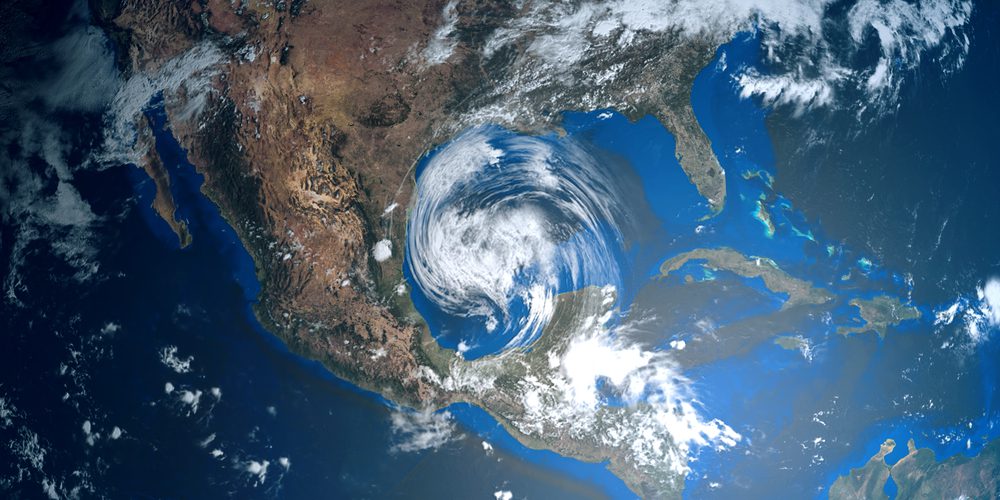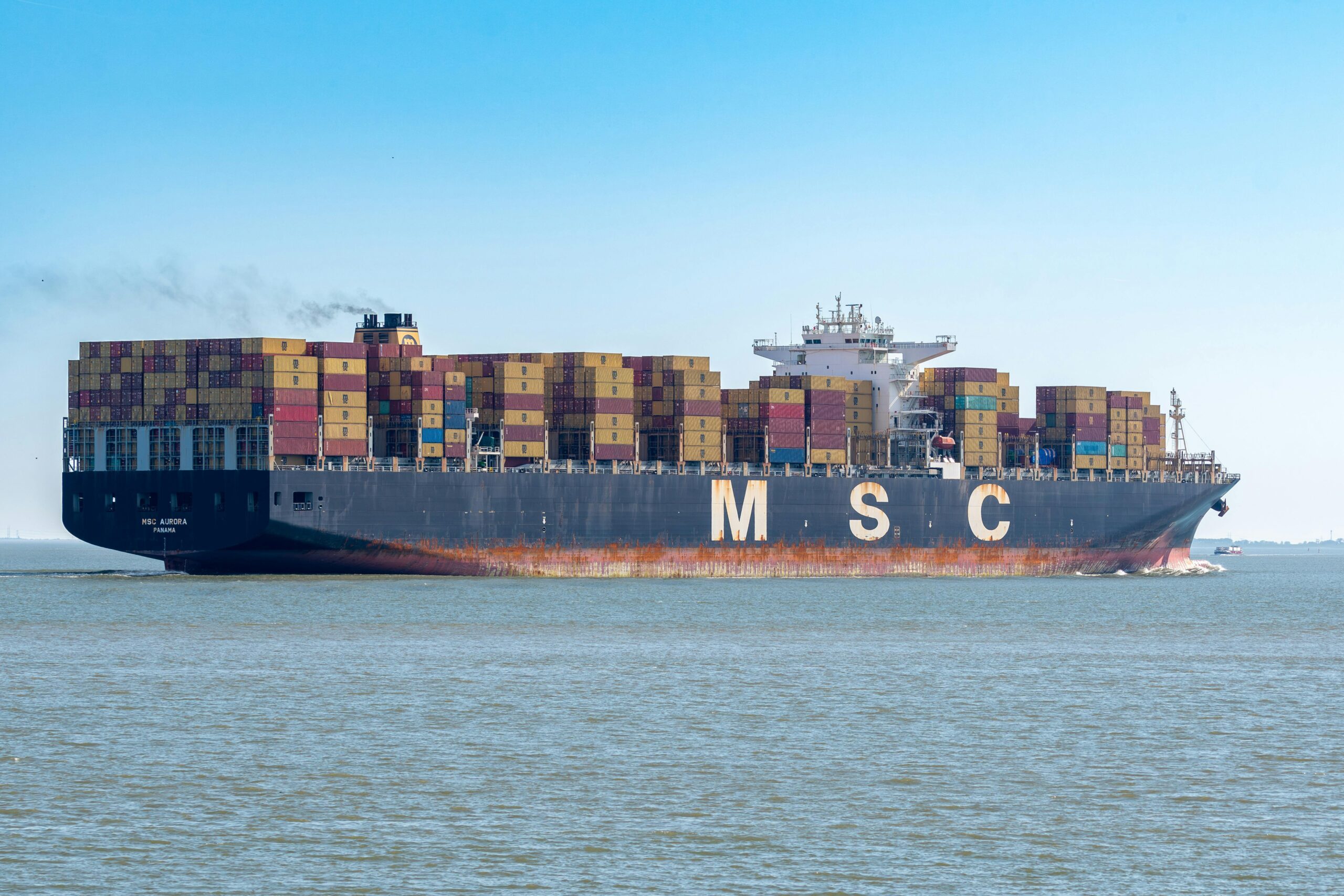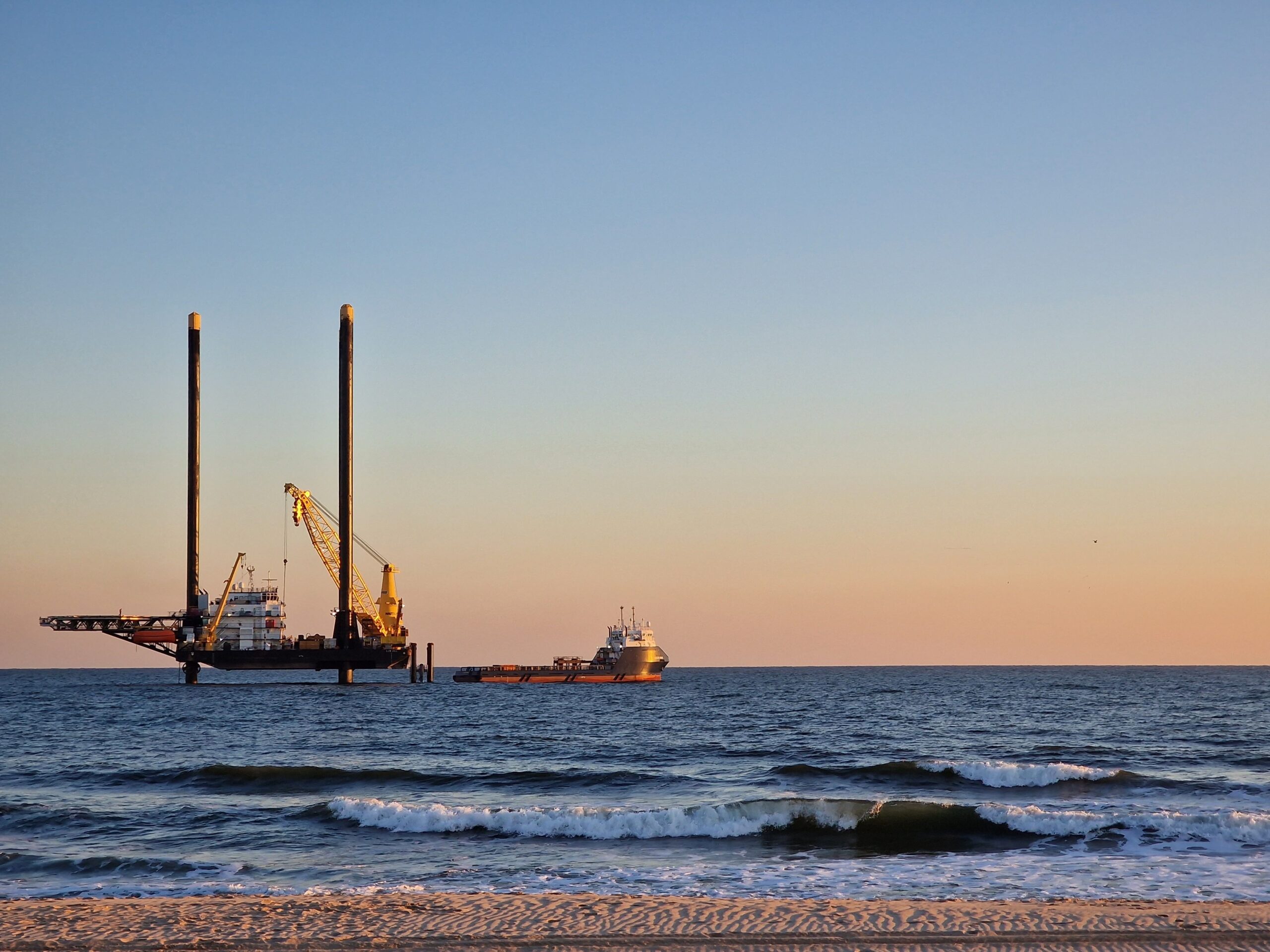Written by Kurt Arnold
Tropical Storm Alex, the first named storm of the 2022 Atlantic hurricane season, struck from June 2 through June 5 before being downgraded to a post-tropical cyclone. Alex, caused by the remnants of the category 2 Pacific Hurricane Agatha, caused flash flooding in South Florida and claimed at least three lives in western Cuba.
According to the National Oceanic and Atmospheric Administration (NOAA), this is just the beginning. NOAA predicts yet another above-average Atlantic hurricane season with 14 to 21 named storms, 6 to 10 of which could become hurricanes. NOAA also predicts that 3 to 6 of these may be significant hurricanes, classified as category 3 storms or greater. The Atlantic hurricane season lasts from June 1 through November 30. 2022 marks the first year since 2014 when there was no named storm before the season’s official start.
What Offshore Companies Need to Do to Prepare for the 2022 Hurricane Season
Hurricane preparedness is a crucial undertaking for all offshore companies. Maritime employers cannot cease operations for a full six months during the Atlantic hurricane season, so they must take proper measures to ensure their vessels, facilities, and personnel are protected from severe weather.
For offshore companies, hurricane preparedness involves several key steps, including:
- Updated Hurricane Response Plan: The company must evaluate and update in-depth hurricane response plans every year based on the past year’s activity and the current year’s anticipated storms.
- Emergency Equipment Testing: All emergency equipment used before, during, or after a hurricane must be tested, including GPS tracking systems, generators, batteries, and communication systems.
- Up-to-Date Weather Information: The company must obtain weather information from reliable sources, such as onboard devices, the National Weather Service, or private meteorological firms.
- Evacuation of Non-Essential Personnel: When a hurricane or tropical storm is predicted, non-essential personnel must be evacuated from any platforms in the storm’s anticipated path.
- Shutting Down & Securing Offshore Drilling Operations: Oil rigs in a storm’s predicted path must be shut down and secured by remaining essential personnel.
- Evacuation of Essential Personnel: The remaining crew must be evacuated once the rig is secure. Depending on current weather and sea conditions, this should take only one helicopter trip.
- Returning to Normal Operations: After a storm has passed, the company must return the platform to normal. Damage must be assessed and repaired, and production can resume when it is safe.
The Consequences of Poor Hurricane Preparedness
Failures to evacuate crew, shut-in rigs, and heed weather warnings have proven disastrous, leading to lost lives, catastrophic oil spills, and foundered vessels. The Globetrotter II was nearly lost during Hurricane Ida in 2021; her entire crew of more than 100 had to be rescued by the Coast Guard because they had not been evacuated in time. 33 people lost their lives when El Faro steamed into Hurricane Joaquin in 2015. 13 of the 19-person crew of the Seacor Power were lost when the vessel capsized in severe weather off the coast in 2021.
And these are just a few stories like it. There are many others.
When it comes to poor hurricane preparedness, offshore companies are out of excuses. Tracking storms has never been done with as much accuracy as the National Weather Service and private meteorological firms can accomplish today. Getting up-to-date information on adverse weather has never been easier. Oil and gas companies need to prioritize hurricane preparedness for the safety of their workers, the environment, and even their profits and production.
Offshore workers should not have to pay for their employers’ lack of preparation or decisions to put production over all else. For those who have suffered harm in hurricanes and other severe weather, it’s time to consider who is to blame. Mother Nature cannot be held accountable, as we know that hurricanes will come. We know this even without NOAA’s predictions. It is up to every company operating in the Atlantic to ensure they have plans and equipment to weather the worst storms.
###
Kurt Arnold is a leading maritime trial attorney who has been representing offshore workers and families since 2004. As a founding partner of Arnold & Itkin, Kurt has an unmatched track record of success in this field, finding answers for those who have been injured or have lost loved ones in maritime disasters. Kurt was an integral member of the legal team that represented one-third of the Deepwater Horizon crew and three widows of lost El Faro crew members, getting answers and securing life-changing compensation for what they endured. He currently represents a number of Globetrotter II crew members and continues to fight daily for the hard-working men and women in the oil and gas industry. No matter what.

 Join The Club
Join The Club











